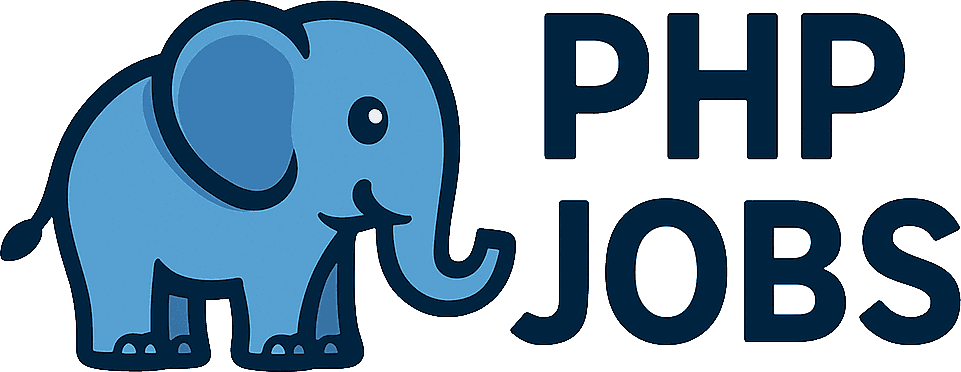Software Quality Assurance
Software quality assurance (SQA) is an integral part of the modern PHP development process, focusing on preventing defects and ensuring the final application is reliable, secure, and meets all requirements. For developers, this is not a separate phase but a continuous practice of building quality into the product from the very beginning. It involves a proactive mindset aimed at creating robust and maintainable software.
SQA Responsibilities for PHP Developers
In a PHP team, software quality assurance is a shared responsibility. Developers contribute by writing clean, testable code, participating in peer code reviews, and adhering to established coding standards. They use a variety of tools and methodologies to verify their work, automate testing, and catch potential issues before they reach production, ensuring a stable and predictable user experience.
Essential QA Practices and Tools
- Automated Testing: Writing unit, integration, and functional tests using frameworks like PHPUnit or Pest.
- Static Analysis: Using tools like PHPStan, Psalm, and Rector to analyze code for errors without executing it.
- Code Reviews: Actively participating in peer code reviews to improve code quality and share knowledge.
- Continuous Integration (CI): Integrating automated checks and tests into the build pipeline.
- Performance Testing: Profiling applications with Xdebug or Blackfire.io to identify and fix bottlenecks.

